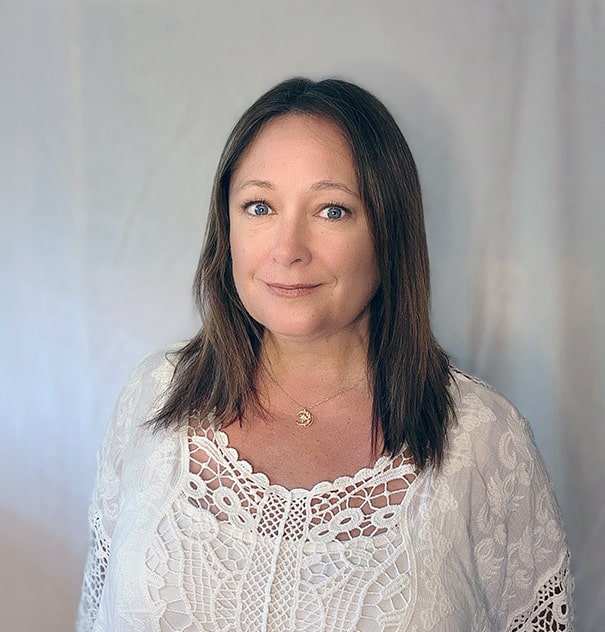Guilt seems to come with loss. We burden ourselves with questions we can never answer, with “what if ” and “why didn’t I”. We repeatedly berate ourselves with “I should have” thoughts. Every time we ask ourselves one of these questions guilt is piled upon more guilt until we are buried (pardon the use of the word) with remorse.
Most of the time there is no reason to feel this guilt. Either way it is unproductive. It only complicates the normal grieving process.
How do you let go and stop feeling guilty? At first you probably aren’t even aware of your feelings. When someone close to us dies, even if we are told it is going to happen, we are in shock, numb. As the numbness wears off we start feeling guilty. That’s when the “what if’s” set in. Most of us then begin to run, to keep busy so we don’t have time to think or feel. How we approach the heavy feelings of loss and often remorse, depends upon our personality and how we address challenges.
My suggestion is no matter how long ago your special person died, sit down and write them a letter.
Say all the thoughts, the feelings of “I should have” and “I wish I had”, that you are carrying inside of you. “I wish I had been a better daughter”, “I wish I had not raised my voice”, “I regret not coming to visit you more often”. Whatever you hold in your heart that is keeping you from being healthy in your loss, put in this letter. You may write a single page, you may write volumes. You may cry, it’s okay, let the tears flow. Write from your heart–there is no right or wrong here, just your feelings and thoughts that need a release. When the letter is finished burn it and toss the ashes.
Remember, we always do the best we can with the information we have at any given time. Later we may learn more or see things from a different perspective but in the moment we set out to do well. It is with further knowledge that we may decide we should have done something differently. Then the guilt sets in. Guilt that won’t change the past. Our opportunity comes in the present; taking what we have learned from past regrets and seeing that they don’t happen again.


